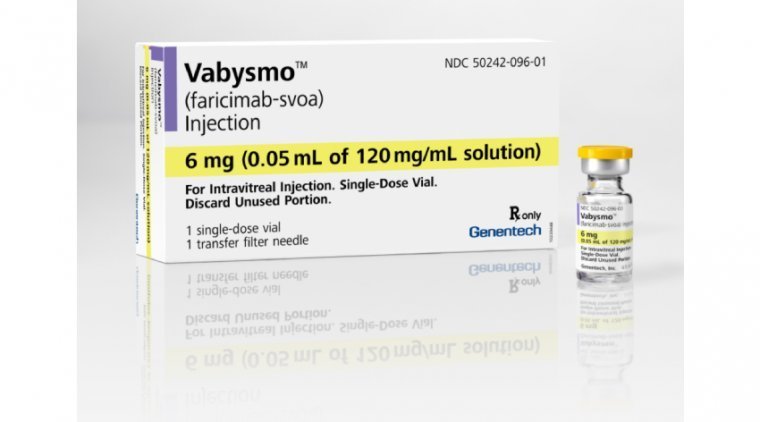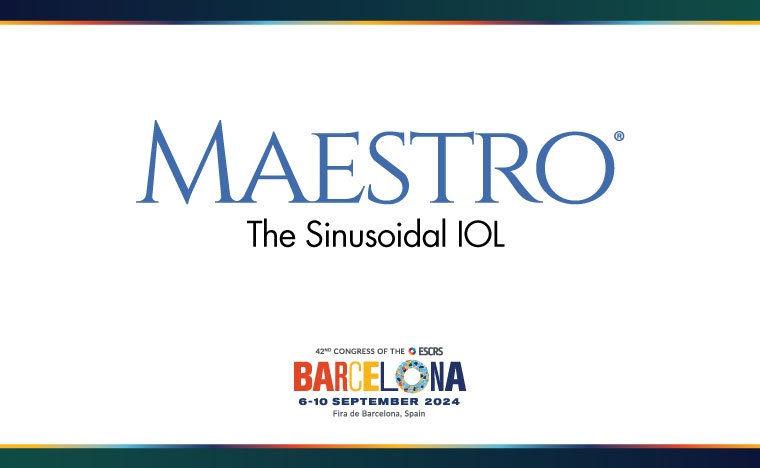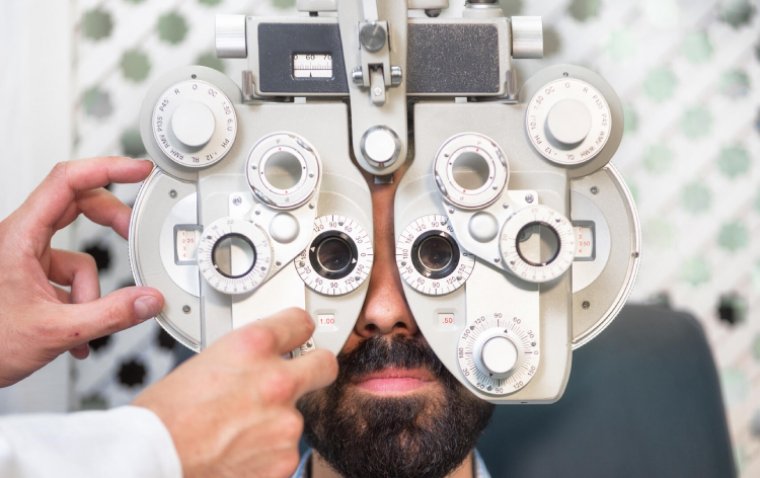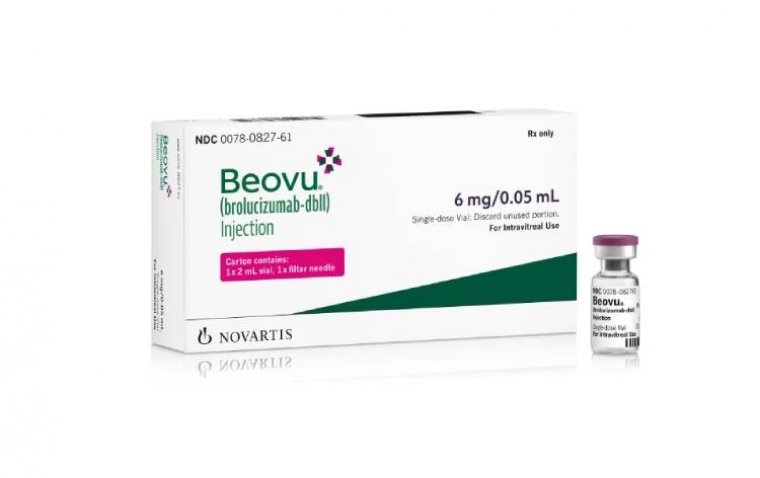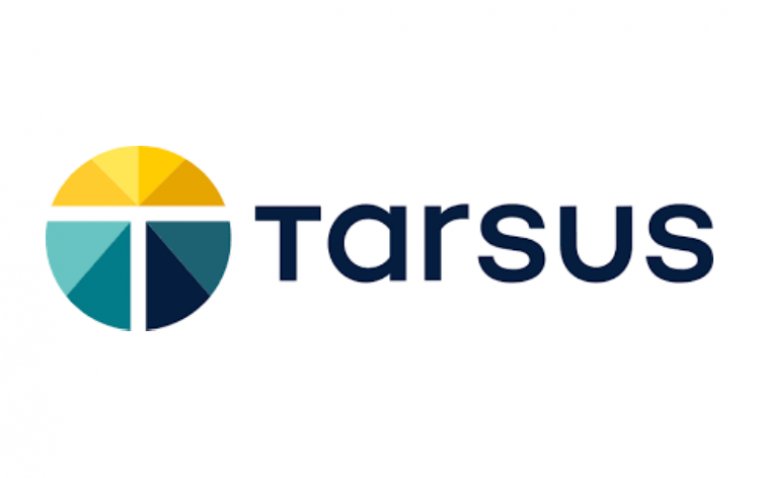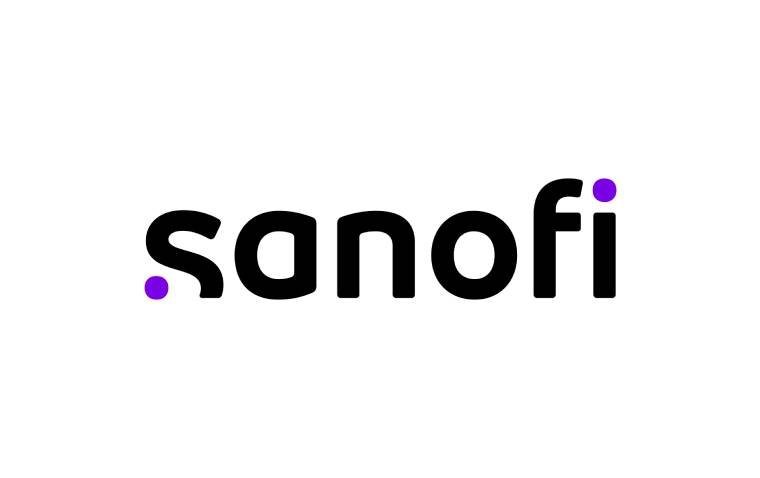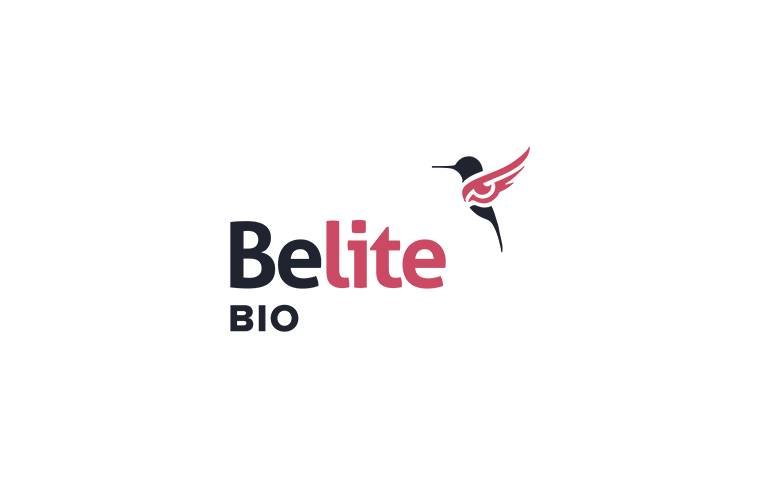
FDA Grants Breakthrough Therapy Designation to Tinlarebant for Stargardt Disease
Belite Bio has announced that the U.S. Food and Drug Administration (FDA) has granted Breakthrough Therapy Designation for Tinlarebant, the company’s investigational oral therapy for Stargardt disease (STGD1). The designation is based on interim clinical data from the ongoing global phase 3 DRAGON trial and represents a major milestone in the development of a treatment for this rare, inherited retinal disorder.
Tinlarebant is an orally administered, once-daily tablet designed to preserve retinal tissue health and integrity. It is being evaluated for both Stargardt disease (STGD1) and geographic atrophy (GA), two progressive retinal degenerative conditions with no currently approved treatment options for STGD1.
Mechanism of Action and Safety
According to Belite Bio, Tinlarebant works by reducing the accumulation of toxic vitamin A byproducts that damage the retina. Preclinical and clinical data indicate that the drug has shown a favorable safety profile, consistent with its mechanism of action. Most participants in the DRAGON trial experienced stable visual acuity, with mean changes from baseline of fewer than 3 letters over the course of two years.
Breakthrough Therapy Designation: What It Means
The FDA’s Breakthrough Therapy Designation is intended to expedite the development and review of therapies for serious or life-threatening conditions that have shown preliminary clinical evidence of substantial improvement over existing treatments on one or more clinically significant endpoints.
This designation is based on a pre-specified interim analysis of phase 3 data from the DRAGON study, which is being conducted under the guidance of an independent Data Safety and Monitoring Board (DSMB). The analysis provided the clinical justification needed to support the designation.
“Breakthrough Therapy Designation is an exciting milestone that underscores Tinlarebant’s potential to address a serious unmet need for patients with STGD1,” said Tom Lin, MD, PhD, Chairman and CEO of Belite Bio. “We remain deeply committed to the Stargardt community and to advancing Tinlarebant as we prepare for the DRAGON study readout expected by the end of this year.”
About the DRAGON Phase 3 Trial
The DRAGON phase 3 trial is a randomized, double-masked, placebo-controlled, global study that has enrolled 104 adolescent patients across 11 regions, including United States, United Kingdom, Germany, France, Belgium, Switzerland, Netherlands, China, Hong Kong, Taiwan, Australia.
The primary endpoint of the trial is the growth rate of atrophic lesions, with secondary objectives focused on evaluating safety and tolerability.
Looking Ahead
At present, there are no FDA-approved treatments for Stargardt disease. If approved, Tinlarebant would become the first oral therapy for STGD1 and serve as a potential treatment option for patients with GA. Belite Bio plans to announce additional results from the DRAGON trial by the end of 2025, signaling potential regulatory milestones ahead.
(1).jpg)


